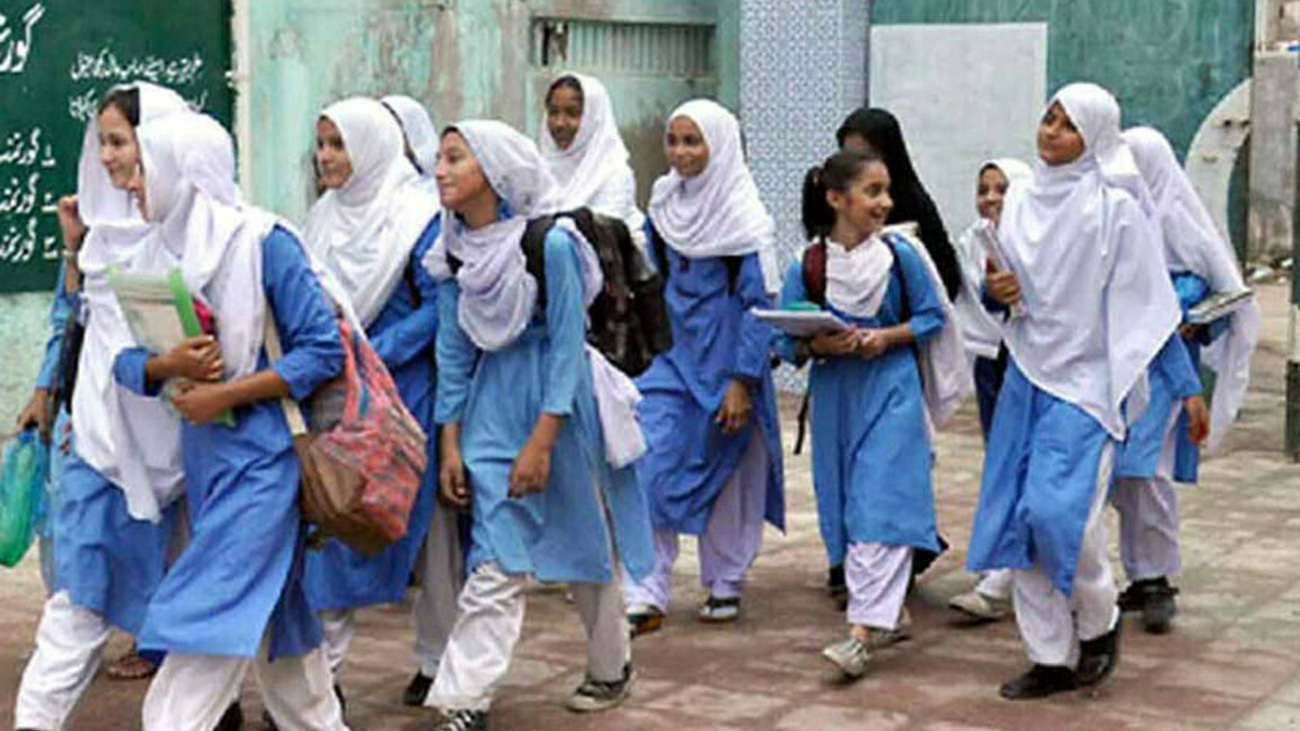
Educational authorities across Punjab have announced significant, temporary changes to the daily schedule for both private and public schools. The primary reason for this dramatic reduction to only two hours is a combination of harsh winter weather, persistent smog conditions, and the need to manage the upcoming mid-term school-based assessment efficiently.
The authority has released the date sheet for the Mid-Term School Based Assessment for 2025–26, confirming that annual mid-term tests for students in classes 1 to 8 will begin on December 12, 2025. The shortened schedule is necessary to properly organize the assessment process, including the distribution of papers, supervision, and, crucially, the security of the students.
Under the new timings, the morning shift will operate from 9:30 AM to 11:30 AM, while the afternoon shift will run from 2:00 PM to 4:00 PM on regular days. On Fridays, the afternoon shift is slightly adjusted to 2:30 PM to 4:30 PM. Officials stated that reducing the duration prioritizes the health and safety of children, as poor visibility caused by smog in the morning was creating traffic hazards and difficulties for students’ travel.
Read more: National Assembly panel flags flaws in medical admission system
In related news, the Punjab government has formally announced the official schedule for winter vacations 2025. All public and private educational institutions across the province will close starting December 23, 2025, with holidays continuing until January 10, 2026. Schools are set to reopen on January 13, 2026. The government emphasized that this unified schedule will apply across all of Punjab.
Reducing school hours to just two is an extraordinary measure, highlighting the severity of the smog and weather risks to student health. While the move ensures safety and facilitates exams, experts suggest this intense compression of the syllabus may place pressure on teachers to cover content quickly, potentially affecting the quality of education before the winter break.




